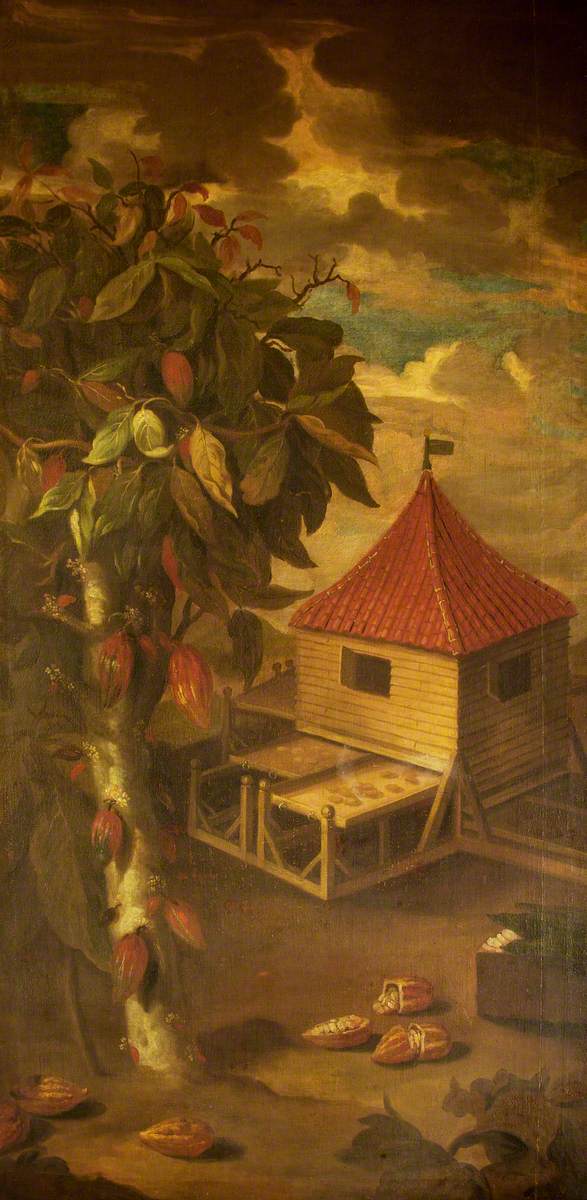New collaborative doctoral partnership available in history of chocolate
.jpg)
Durham University and Historic Royal Palaces are pleased to announce the availability of a fully funded Collaborative doctoral studentship from October 2022 under the AHRC’s Collaborative Doctoral Partnership Scheme.
This PhD studentship will explore early modern chocolate between the late sixteenth and eighteenth centuries: where the ingredients for this drink were grown and harvested; how they were sourced and imported; who purchased them and at what price. It will explore how ideas about chocolate, including its origins in First Nations (Native or Indigenous American) culture and its cultivation by enslaved women and men of African descent, influenced conceptions of race, nationality, and Black British history.
Despite the prevalence and popularity of chocolate in the period, surprisingly little has been done to trace either its patterns of consumption or the ways it was imagined, intellectually and iconographically. Ingredients for chocolate – which was consumed as a hot beverage flavoured with chilli, nutmeg, cinnamon, vanilla and sugar – were sourced from around the globe, and the British public associated the drinks with exoticism and the ‘otherness’ of the empire, playing a key role in the ‘consumer revolution’ of the period.
To better understand the full nuance of chocolate’s presence and legacy in Britain, the student working on this project will undertake a project on the ‘long history’ of early modern chocolate, working in multiple archives and utilising many different types of historical evidence. This will include an investigation of the chocolate kitchens built at Hampton Court Palace, Kew Palace (Historic Royal Palaces) and Dyrham Park (National Trust) which attest to the drink’s importance in the period, and provide important information about its consumption and cultural circulation. Dyrham’s rich collections, which include a notable painting of a cacao tree dating from the late seventeenth century, will help this student better understand the reception and marketing of chocolate in the period.
Click here for more information about the studentship
See our other collaborative doctoral partnerships



/prod01/prodbucket01/media/durham-university/departments-/history/77231.jpg)